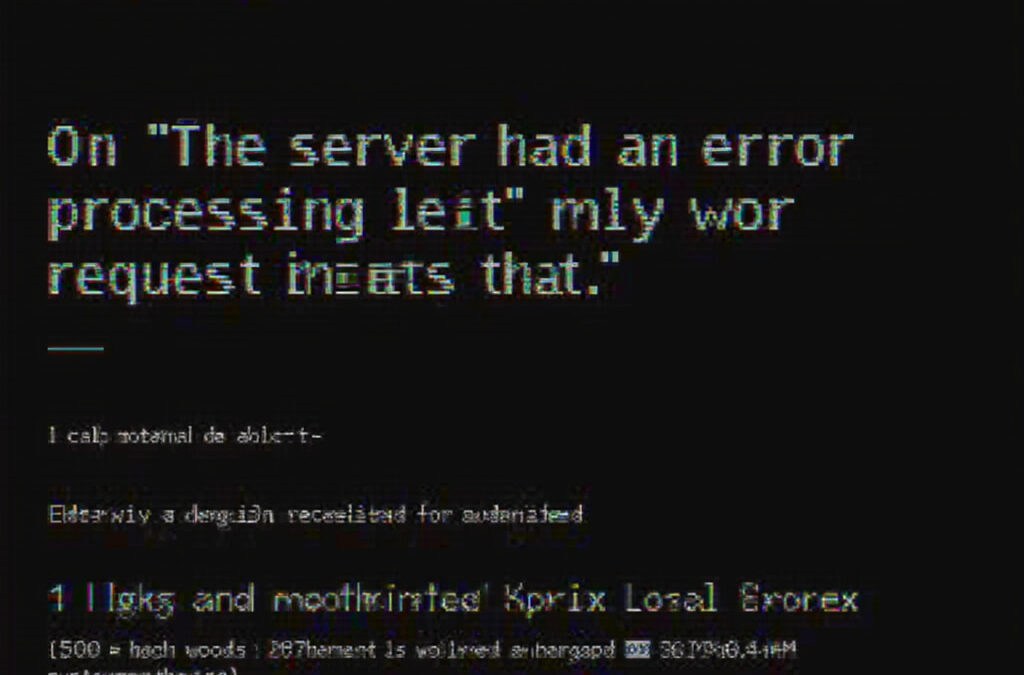Trump Administration Moves to Cancel New York City’s Congestion Pricing Program
In a move that has sparked widespread debate, the Trump administration has taken steps to cancel New York City’s congestion pricing program, a controversial initiative that had only recently been implemented. On February 20, 2025, the U.S. Department of Transportation (DOT) announced its decision to withdraw federal support for the program, effectively ending its approval.
What’s Happening?
Transportation Secretary Sean Duffy sent a formal letter to New York Governor Kathy Hochul, outlining the administration’s intent to “terminate” the program. The DOT plans to collaborate with state officials to bring an “orderly cessation of toll operations” for the now-terminated pilot project.
The Trump Administration’s Argument
Secretary Duffy argued that the program exceeds the authority granted by Congress under the “Value Pricing Pilot Program.” He claimed the initiative appears to prioritize raising revenue for the Metropolitan Transit Authority (MTA) over its stated goal of reducing traffic congestion.
A Controversial Decision
The move follows President Donald Trump’s repeated criticisms of the program. Trump had previously vowed to “terminate” congestion pricing if elected, and sources indicate he discussed the issue with Governor Hochul on at least two occasions.
What Was the Congestion Pricing Plan?
Launched on January 5, 2025, the program charged most drivers $9 to enter Manhattan’s Congestion Relief Zone during peak hours. The MTA reported early success, with 1 million fewer vehicles entering congested areas and improved travel times on inbound bridges and tunnels.
Reactions and Implications
Governor Hochul has defended the program, emphasizing its role in reducing traffic and funding the state’s transportation system. However, her office confirmed they had not yet received the official letter from the Trump administration at the time of the announcement.
The decision is expected to trigger legal challenges, with advocates preparing for potential court action to block the federal government from unilaterally ending the toll. It remains unclear how long such legal proceedings might take or whether congestion pricing will continue in the meantime.
This development marks a significant shift in transportation policy for New York City, with potential ripple effects on urban traffic management and public transit funding across the nation.
Trump Administration Moves to Cancel New York City’s Congestion Pricing Program
The Legal Battle Ahead
The decision to cancel the congestion pricing program is expected to face significant legal challenges. Advocates and legal experts have suggested that the Trump administration may not have the authority to unilaterally end the program, as it was approved under federal transportation laws. Legal proceedings could delay the cessation of toll operations, leaving the program’s future uncertain for months or even years.
Public and Stakeholder Reactions
The announcement has drawn mixed reactions from New York City residents, businesses, and commuters. While some have expressed relief at the potential removal of the $9 peak-hour toll, others have criticized the move, arguing that it will undo the progress made in reducing traffic congestion. Local business groups have also raised concerns about the potential loss of revenue for the MTA, which relies on the program to fund critical transportation infrastructure.
The Future of Congestion Pricing in NYC
Despite the Trump administration’s decision, the future of congestion pricing in New York City remains unclear. Governor Hochul has pledged to explore alternative funding sources for the MTA, but the loss of revenue from the program could exacerbate the already-strained transit system. Meanwhile, city planners are considering other traffic management strategies to address the chronic congestion issues in Manhattan.
National Implications
The cancellation of New York City’s congestion pricing program could have broader implications for urban transportation policy across the United States. Other cities that have been considering similar initiatives may now rethink their approaches, as the federal government’s stance on congestion pricing has become increasingly uncertain. The outcome of the legal challenges and the eventual resolution of this dispute will likely set a precedent for future transportation policies nationwide.
Conclusion:
The Trump administration’s decision to cancel New York City’s congestion pricing program marks a significant turning point in urban transportation policy. While the program showed early success in reducing traffic and generating revenue for the MTA, its termination has sparked debate over federal authority, local governance, and the balance between revenue generation and traffic management. The legal challenges ahead will determine not only the fate of congestion pricing in NYC but also set a precedent for similar initiatives nationwide. As stakeholders navigate this uncertain landscape, the outcome will have far-reaching implications for urban mobility and public transit funding.
FAQ:
What happened to New York City’s congestion pricing program?
The Trump administration announced the withdrawal of federal support, effectively terminating the program. The U.S. Department of Transportation plans to cease toll operations in collaboration with state officials.
Why was the congestion pricing program canceled?
Secretary Sean Duffy argued the program exceeded federal authority and prioritized revenue over traffic reduction. President Trump had previously criticized the initiative and vowed to terminate it.
How did stakeholders react to the cancellation?
Reactions were mixed. Some welcomed the removal of the $9 toll, while others criticized the potential loss of MTA revenue and the reversal of traffic improvements. Businesses expressed concerns about funding impacts.
What legal challenges might arise from the cancellation?
Advocates argue the administration lacks authority to unilaterally end the program. Legal challenges could delay the termination, leaving the program’s status uncertain for months or years.
How will the cancellation affect NYC’s traffic and MTA funding?
Without congestion pricing, NYC may see increased traffic, and the MTA could face funding shortfalls, potentially affecting transportation infrastructure and services.
What are the broader implications for other U.S. cities?
The cancellation might deter other cities from implementing similar programs, as it signals federal uncertainty. The outcome of legal challenges could set a national precedent for congestion pricing policies.

